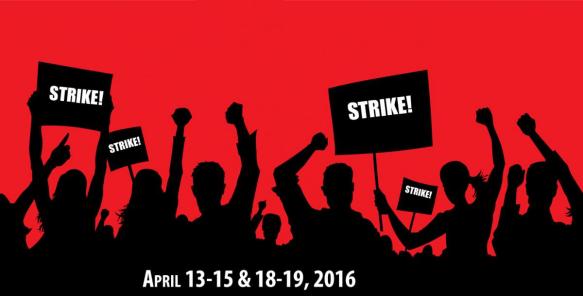
Photo courtesy of the California Faculty Association
Any time a individual or organization take a stand, there is bound to be disagreement. We all have opinions based on our own world view and lifelong cultural, social, and political influences. Despite what the recent Presidential debates may have you believing about the strength of arguments, the most persuasive statements come from those who take the time to thoroughly review all available information, critically evaluate the evidence at hand, and make decisions based on this synthesis and evaluation. In advance of the impending #CSUStrike across the California State University system, Professor @JacquelynGill of the University of Maine has done just that. In her most recent blog, she provides a comprehensive look at the current issues faced by faculty nationwide and details some of the arguments in support of our movement for fair wages and our hope that our state (and Nation) will once again value our public university system. On behalf of the CSU faculty, thank you, Professor @JacquelynGill.
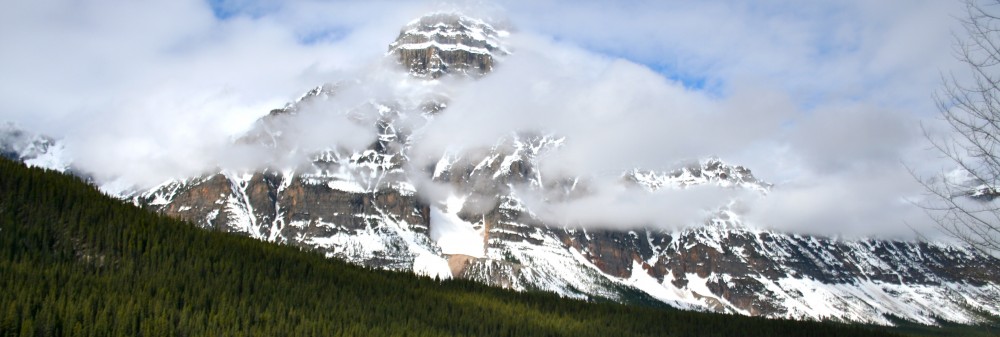
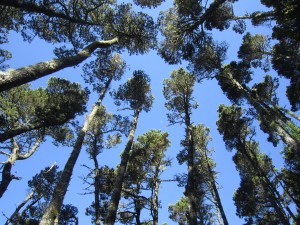 Our
Our 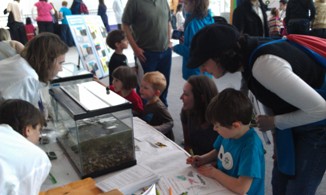

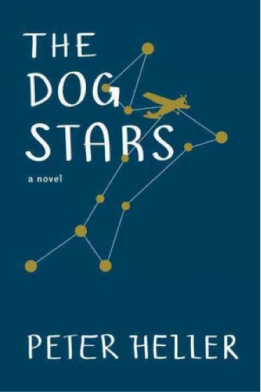
You must be logged in to post a comment.